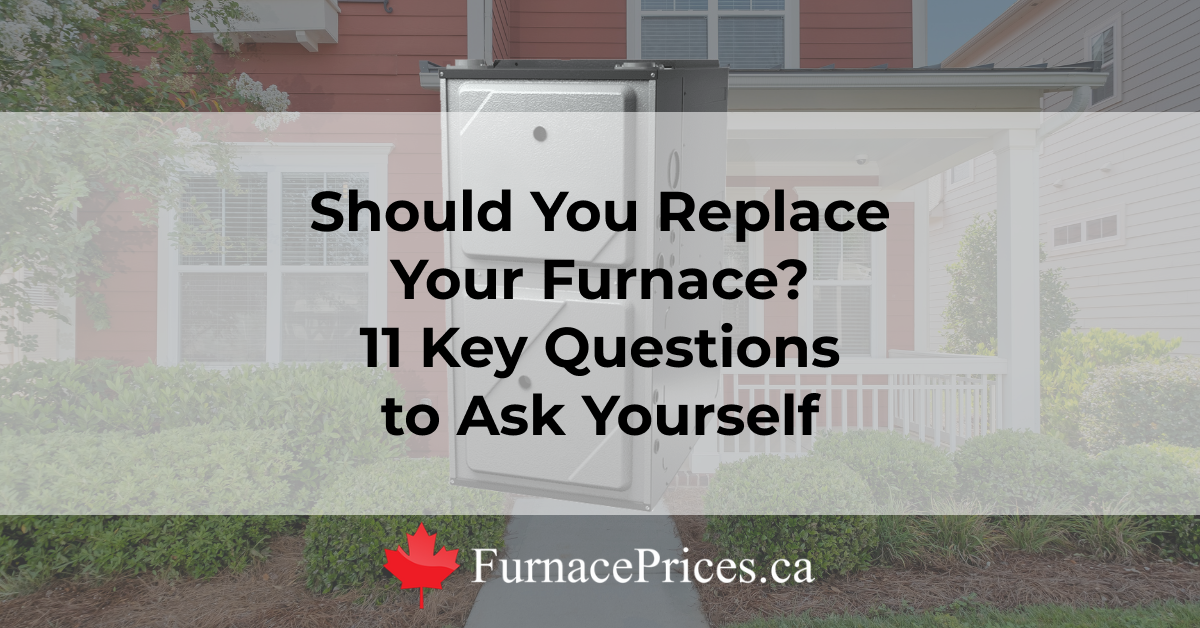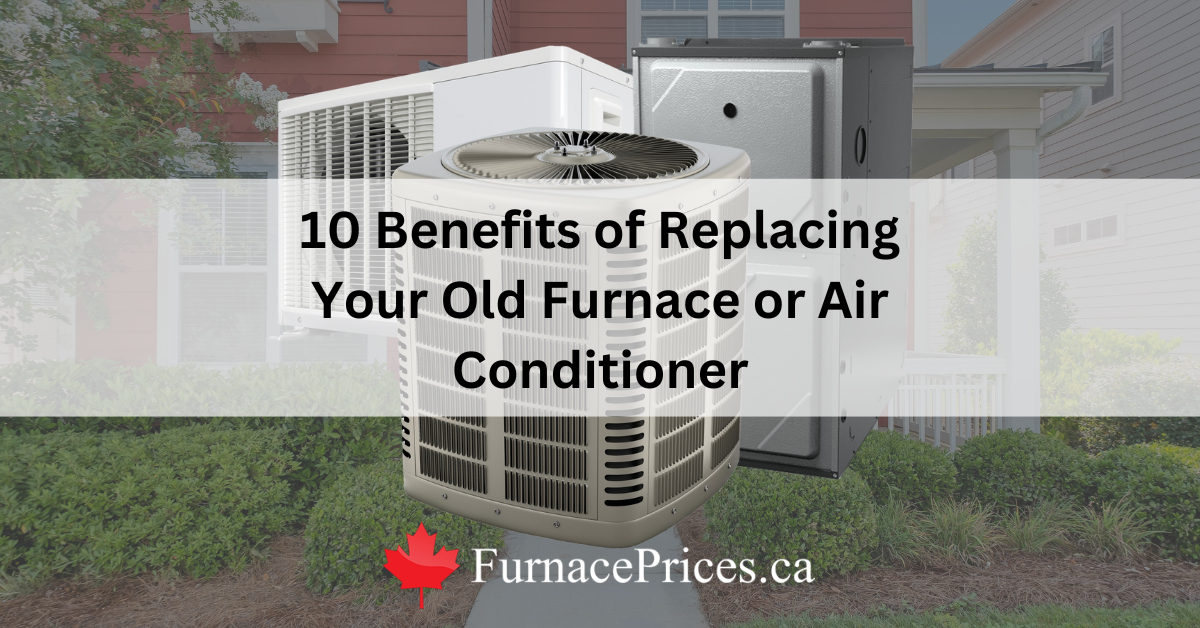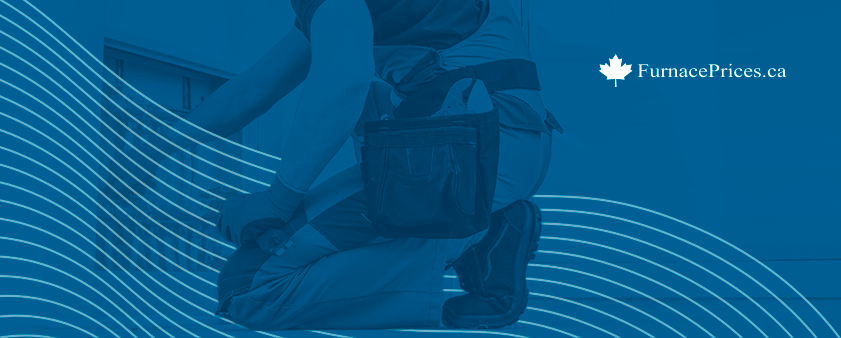
Weigh Your Options Before You Build
Start with a Professional Calculation
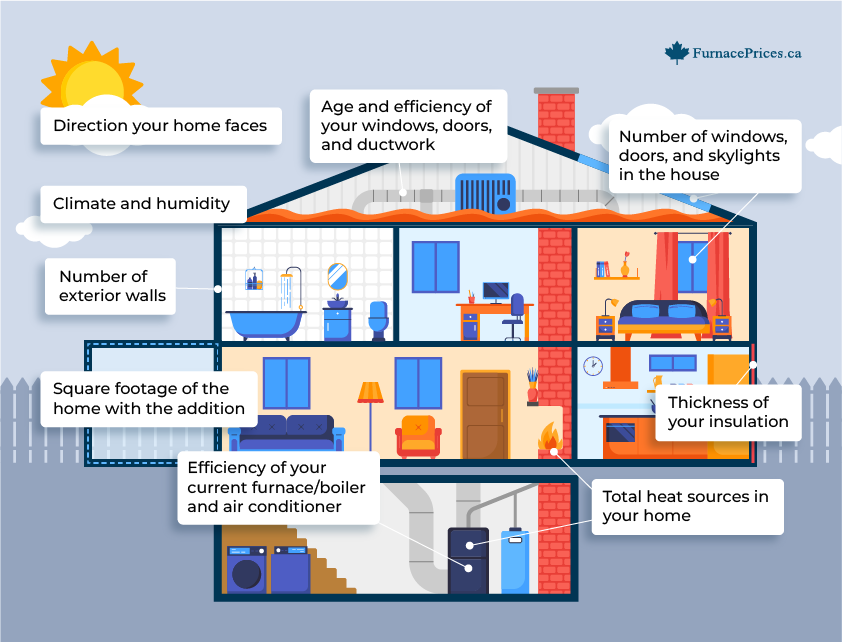
- Square footage of the home with the addition
- Efficiency of your current furnace/boiler and air conditioner
- Direction your home faces
- Style and layout of the home with the addition
- Climate and humidity
- Number of exterior walls
- Thickness of your insulation
- Number of windows, doors, and skylights in the house (with the addition)
- Age and efficiency of your windows, doors, and ductwork
- Total heat sources in your home (such as gas fireplaces)
Options for Heating and Cooling Your Addition
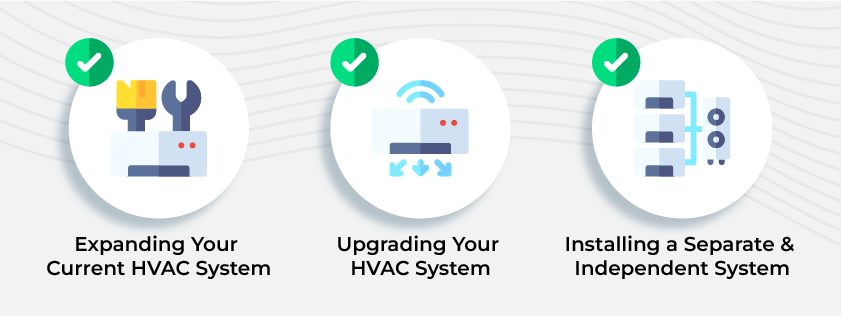
- Whether your current HVAC system is sufficient to handle the heating and cooling needs of your home with the addition OR
- Whether you need to upgrade your furnace/boiler and air conditioner OR…
- Whether you need to supplement your existing system
Expanding Your Current HVAC System
Upgrading Your HVAC System
Get Quotes
How soon are you looking to buy?*



Installing a Separate and Independent System
- Your existing furnace and air conditioner are relatively new
- The addition is creating a lot of extra space (such as an in-law suite)
- The addition is a separate structure from your home
- You don’t want to expand your ductwork or hot water piping
- The new space has different heating and cooling needs from the rest of the house
- The new space won’t be used regularly
- You don’t have central heating and air conditioning that can be expanded
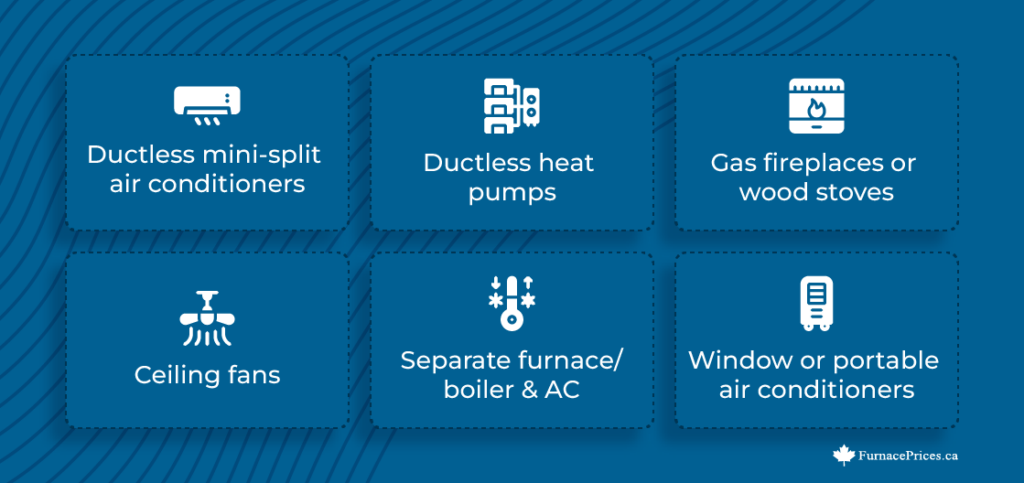
- Ductless mini-split air conditioners
- Ductless heat pumps (models that do heating AND air conditioning)
- Adding a ducted heat pump
- Gas fireplaces or wood stoves
- Ceiling fans
- Separate furnace/boiler and air conditioner
- Window or portable air conditioners
The Type of Home Addition Can Help You Choose the Right HVAC Setup
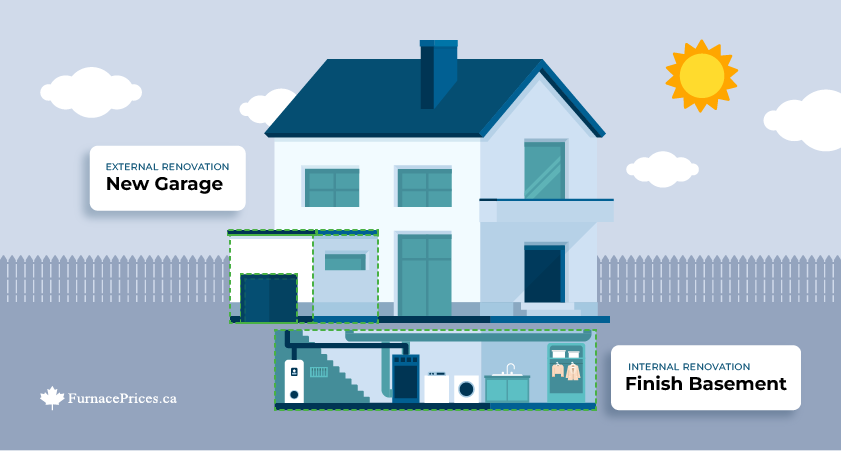
- If the addition has different cooling/heating needs from the rest of the house (such as a sunroom, library, or room above a garage), then you might want to install a separate system that’s independent from your main HVAC setup.
- If the addition won’t be used regularly, such as a guest suite, or isn’t part of your main home, then an independent system might be preferable.
- If you’re adding a small space, such as a bump-out for a bathroom or a dormer in the attic, then you may not have to make any changes to your heating and cooling systems, but you might have to add ventilation.
- If you’re adding a story to your home, then you’ll likely need to upgrade your furnace/boiler and air conditioner, or install independent units to heat and cool the space separately
- If you’re enlarging your space (such as by converting a garage) or adding a new room to an existing floor, then you might have to upgrade to larger units, or supplement the space with additional heating and cooling sources.
Upgrading Your Heating and Cooling Systems for Improved Efficiency

Improved Efficiency and Performance
Easier Financing
Accessing Rebates
Better Warranties
Why Furnace and Air Conditioner Sizing Is Important
| Size | Furnace | Air Conditioner |
|---|---|---|
| Too Big | Irregular cycling, hot and cold spots, poor efficiency, increased maintenance, and a shorter lifespan | Short cycling, higher humidity levels, more maintenance, poor efficiency, and a shorter lifespan |
| Too Small | Continuous operation, poor efficiency, home is always too cold, high energy bills, increased maintenance, and a shorter lifespan | Continuous operation, poor efficiency, home is always too hot, poor humidity control, high energy bills, increased maintenance, and a shorter lifespan |
| Just Right | Regular operation, home is the right temperature, no hot and cold spots, reduced maintenance, better efficiency, good humidity levels, lower energy bills, and a longer lifespan | Proper operation, improved efficiency, right humidity levels, even temperature throughout the house, lower maintenance requirements, lower energy bills, and a longer lifespan |
FAQ
Get Quotes
How soon are you looking to buy?*






